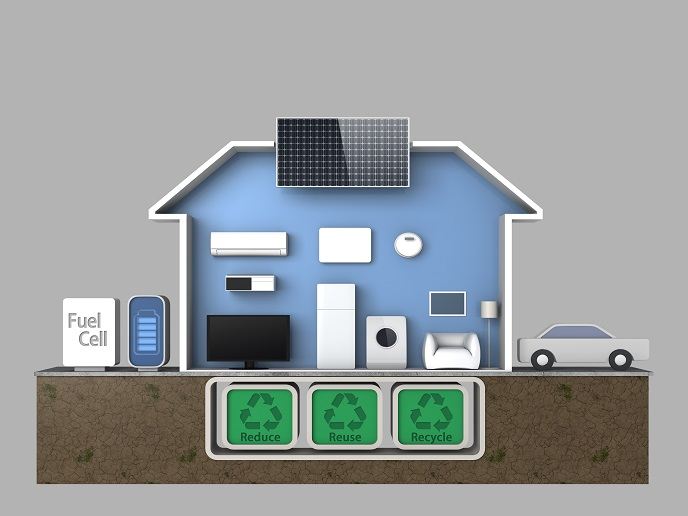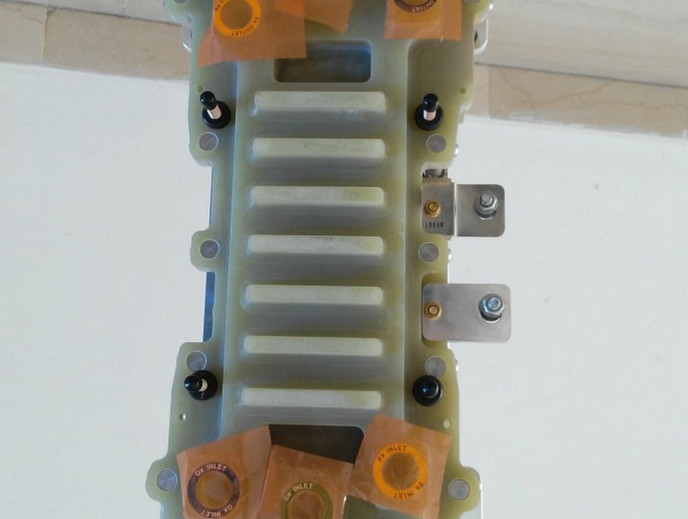Smart energy management systems
Renewable energy supply fluctuates, and matching its demand and supply is becoming all the more challenging. Intelligent energy management systems and energy storage systems are needed to accommodate a large share of renewable energy in Europe's existing energy infrastructure. The EU-funded E-HUB(opens in new window) (Energy-hub for residential and commercial districts and transport) project set out to maximise the use of on-site renewable energy at district level by matching its energy demand and supply. Project partners began by categorising various district types and analysing their different load profiles. They then mapped the equipment that can be used in an E-HUB district and examined their performance. Thermal storage and smart control are key components of E-HUB. Thermal storage allows a control system to match the supply and demand of heat. Thermal storage technologies were designed following research on novel storage methods. Team members developed a smart energy management system to match supply and demand of electricity and heat simultaneously. A full-scale demonstration was successfully conducted by installing the system in 106 dwellings and 9 commercial spaces in an innercity district under development in Belgium. A simulation tool to evaluate new types of energy systems for existing and new districts was also created and implemented in four Member States and China. To make the developed system attractive to end users and meet their increasing energy demands, the team developed a set of novel business models. They are all based on the flexibility of the energy consumed or generated within the district, and are integrated into the system. E-HUB envisioned a sustainable community that strives for economic, ecological and social balance. With fossil fuels expected to run out and the demand for energy to increase, existing energy supply systems are undergoing radical changes. E-HUB helped enhance several types of thermal storage technologies to manage the variability of renewable energy. In doing so, it demonstrated how to fully exploit the potential of renewable energy.







